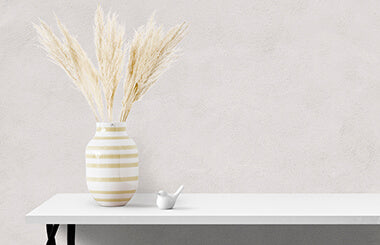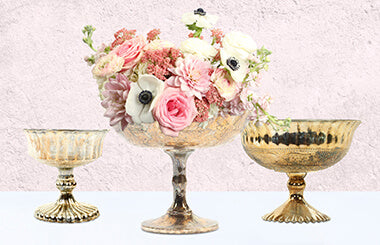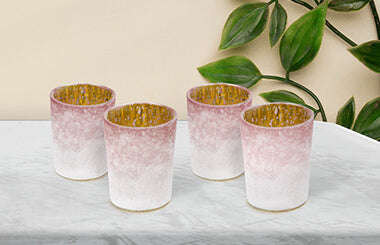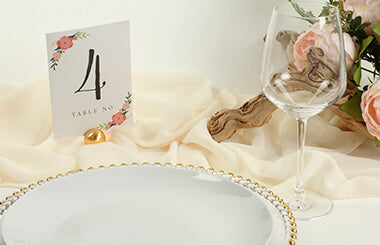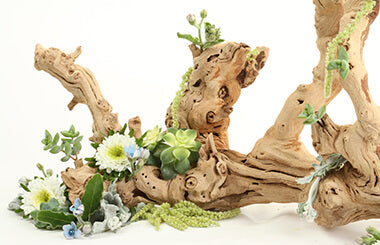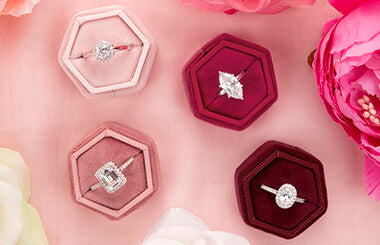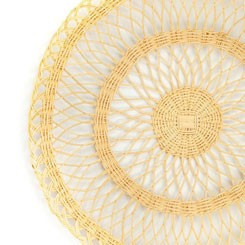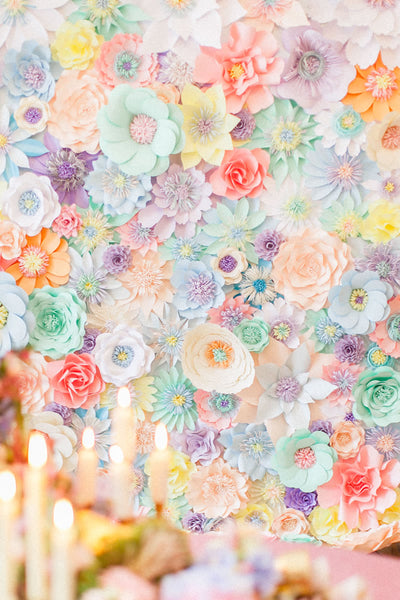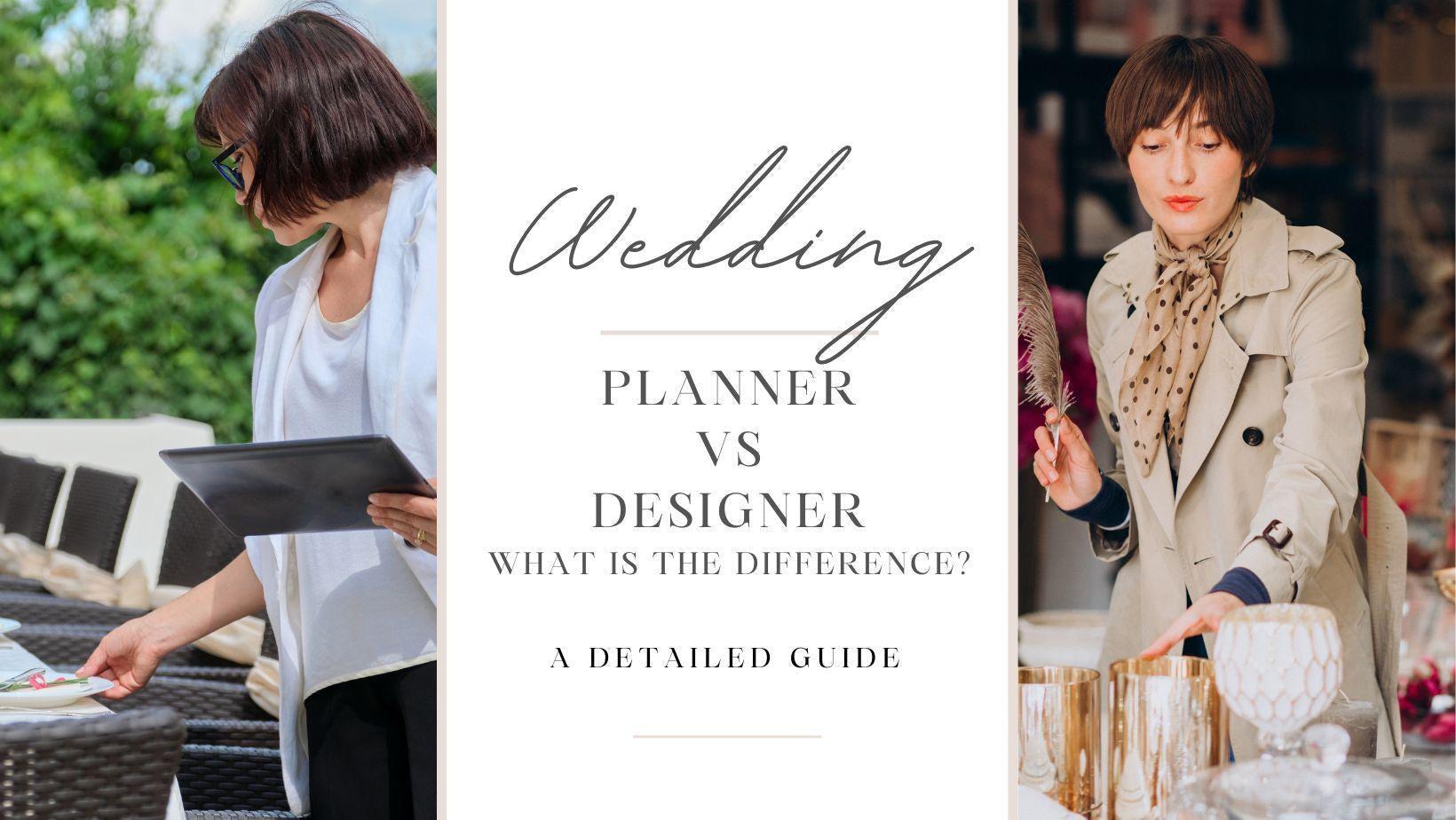
Wedding Designer vs Wedding Planner - What Is the Difference?
What is the difference between a wedding designer vs wedding planner?
A wedding designer and a wedding planner are two distinct roles in the wedding industry.
A wedding planner is responsible for coordinating and managing all aspects of a wedding, from the initial planning stages to the day-of logistics. This includes working with vendors, creating a timeline, managing the budget, and ensuring that everything runs smoothly on the day of the wedding. Wedding planners typically have extensive experience in event planning and are skilled in managing a large number of moving parts.
On the other hand, a wedding designer is focused on the aesthetics and visual elements of the wedding. They work closely with the couple to create a cohesive and visually stunning look and feel for the wedding. This includes selecting the color scheme, floral arrangements, decor, and other design elements. Wedding designers are typically trained in design and have a strong sense of style and creativity.
In some cases, a wedding planner may also offer design services or work closely with a wedding designer to ensure that the overall vision for the wedding is executed seamlessly. Ultimately, whether you choose to work with a wedding planner, wedding designer, or both, will depend on your individual needs and preferences.
Here are 20 example of tasks a wedding planner would handle:
- Develops a timeline for the planning process and day-of events.
- Selects and manages vendors, including caterers, florists, photographers, and musicians.
- Creates and manages the wedding budget.
- Helps to secure the venue for the ceremony and reception.
- Develops seating plans and manages RSVPs.
- Coordinates transportation for the wedding party and guests.
- Handles the logistics of the rehearsal dinner, ceremony, and reception.
- Provides recommendations for wedding attire, hair and makeup, and other details.
- Ensures that the wedding runs smoothly and handles any issues that arise.
- Offers advice and support throughout the planning process.
- Manages the wedding day timeline, ensuring that events are running on time and guests are aware of what's happening.
- Coordinates the wedding rehearsal and ensures that all members of the wedding party know their roles.
- Handles any last-minute emergencies or issues that may arise on the day of the wedding.
- Provides guidance on etiquette and tradition, particularly for more formal weddings.
- Develops a rain plan for outdoor weddings.
- Assists with obtaining marriage licenses and other legal documents.
- Offers advice on selecting vendors that fit within the couple's budget and preferences.
- Helps to negotiate vendor contracts and ensures that all parties are on the same page.
- Handles any issues related to guest accommodations or transportation.
- Provides support and advice for the couple throughout the planning process, including managing family dynamics and any conflicts.
A wedding designer, however, would focus on the following wedding and special event tasks:
- Develops a visual concept for the wedding, including the color palette, floral arrangements, decor, and lighting.
- Creates a detailed design plan for the ceremony and reception spaces.
- Selects linens, tableware, and other decorative elements.
- Develops mood boards and other visual aids to communicate the design concept to the couple.
- Sources and manages vendors for design-related services, such as florists, lighting technicians, and rental companies.
- Oversees the set-up and installation of all design elements on the day of the wedding.
- Coordinates with the photographer to ensure that the design is captured in photographs.
- Develops a timeline for the design set-up and breakdown.
- Provides advice on design-related issues, such as selecting attire and invitations that complement the overall aesthetic.
- Offers creative solutions to design challenges that may arise during the planning process.
- Creates a detailed layout of the reception space, including the placement of tables, chairs, and other furniture.
- Develops a custom lighting plan to enhance the ambiance of the space.
- Coordinates with the DJ or band to ensure that the music complements the overall design.
- Sources and manages custom decor elements, such as signage, escort cards, and favors.
- Creates a cohesive design concept for all wedding-related events, including the rehearsal dinner and after-party.
- Provides guidance on floral arrangements and selects the appropriate blooms for the season and venue.
- Creates a custom design plan for the wedding ceremony, including the altar or chuppah.
- Sources unique and meaningful props or decor items that reflect the couple's personalities and interests.
- Ensures that all design elements are set up and broken down according to the agreed-upon timeline.
- Provides ongoing design support and advice throughout the planning process, including recommendations for invitations, menus, and other paper goods.
What is the average cost of a wedding planner vs wedding designer?
The average cost for a wedding planner and wedding designer can vary widely depending on a number of factors, including the location of the wedding, the size of the wedding, and the specific services provided. Here are some general estimates for the average cost of a wedding planner versus a wedding designer:
Wedding Planner Cost:
The cost of a wedding planner typically ranges from $1,500 to $5,000 or more, depending on the complexity of the wedding and the services provided. Some wedding planners charge a flat fee, while others charge a percentage of the overall wedding budget (usually between 10-20%). Wedding planners may also offer day-of coordination services at a lower rate, typically starting at around $1,000.
Wedding Designer Cost:
The cost of a wedding designer can also vary widely, depending on the scope of the design work and the complexity of the wedding. Some wedding designers charge a flat fee for their services, while others may charge an hourly rate. On average, the cost of a wedding designer can range from $2,000 to $10,000 or more, depending on the level of customization and the amount of decor involved. In some cases, wedding designers may also offer full planning services, which can increase the overall cost.
It's worth noting that some wedding planners may also offer design services, or may work closely with a wedding designer as part of their overall planning services. In these cases, the cost of both services may be bundled together or offered at a reduced rate. As with any wedding vendor, it's important to discuss pricing and services in detail with potential wedding planners and designers to ensure that you understand the costs involved and can make an informed decision.
Is it worth it to hire a wedding planner and wedding designer?
A wedding planner and wedding designer each play unique and important roles in the planning and execution of a wedding. While a wedding planner focuses on the logistics and coordination of vendors, timelines, and budgets, a wedding designer is responsible for the visual elements of the wedding, including decor, lighting, and floral arrangements.
Hiring a wedding planner and/or designer can provide numerous benefits for couples planning a wedding. Not only do these professionals have experience and expertise in the industry, but they can also help alleviate stress and anxiety for the couple by handling the many details and logistics involved in planning a wedding. Additionally, a wedding planner and designer can help ensure that the wedding day runs smoothly, allowing the couple to relax and enjoy their special day.
Other reasons to consider hiring a wedding planner and/or designer include:
-
Saving time and money: A wedding planner and designer can help keep the planning process on track and within budget, potentially saving the couple time and money in the long run.
-
Access to vendor networks: Wedding planners and designers often have established relationships with vendors in the industry, which can help ensure that the couple gets the best service and pricing possible.
-
Professional guidance: Wedding planners and designers can offer advice and guidance on all aspects of the wedding planning process, from etiquette and tradition to design and decor.
Overall, hiring a wedding planner and/or designer can be a wise investment for couples looking to create a beautiful and memorable wedding day. With their expertise and support, couples can focus on celebrating their love and starting their new life together, rather than stressing over the details of wedding planning.



